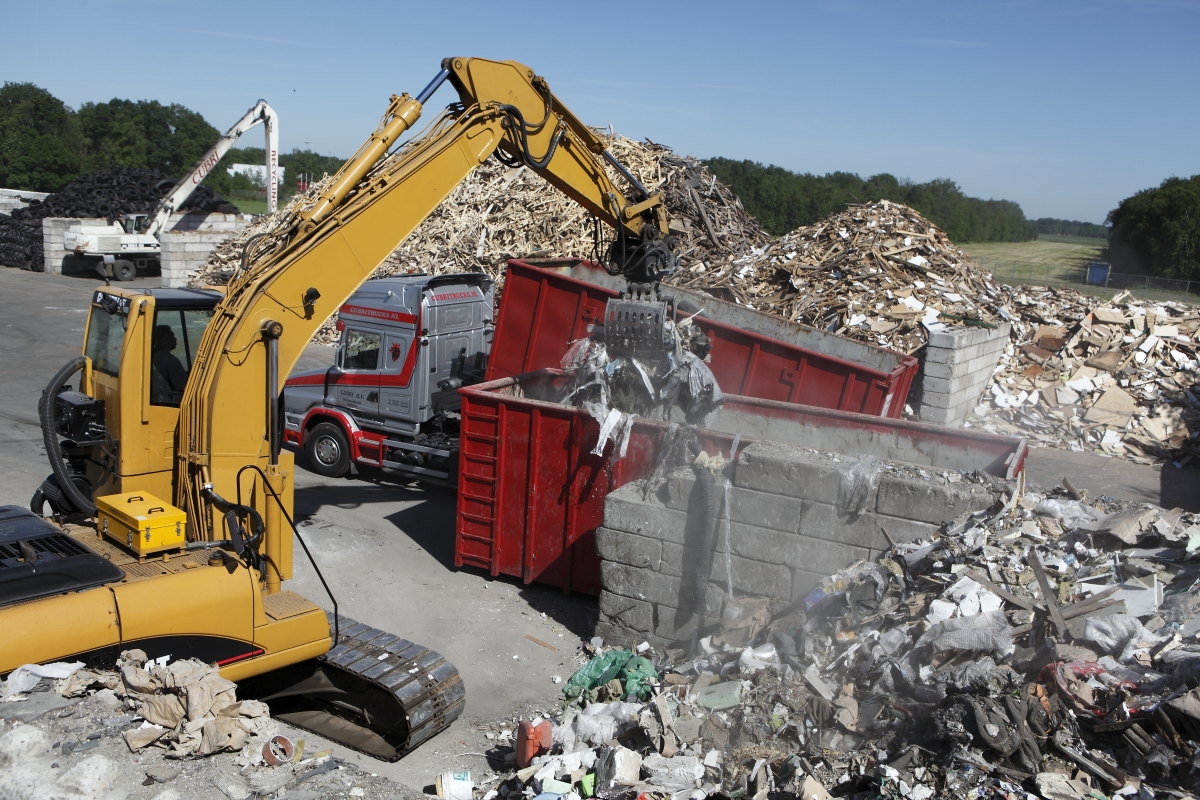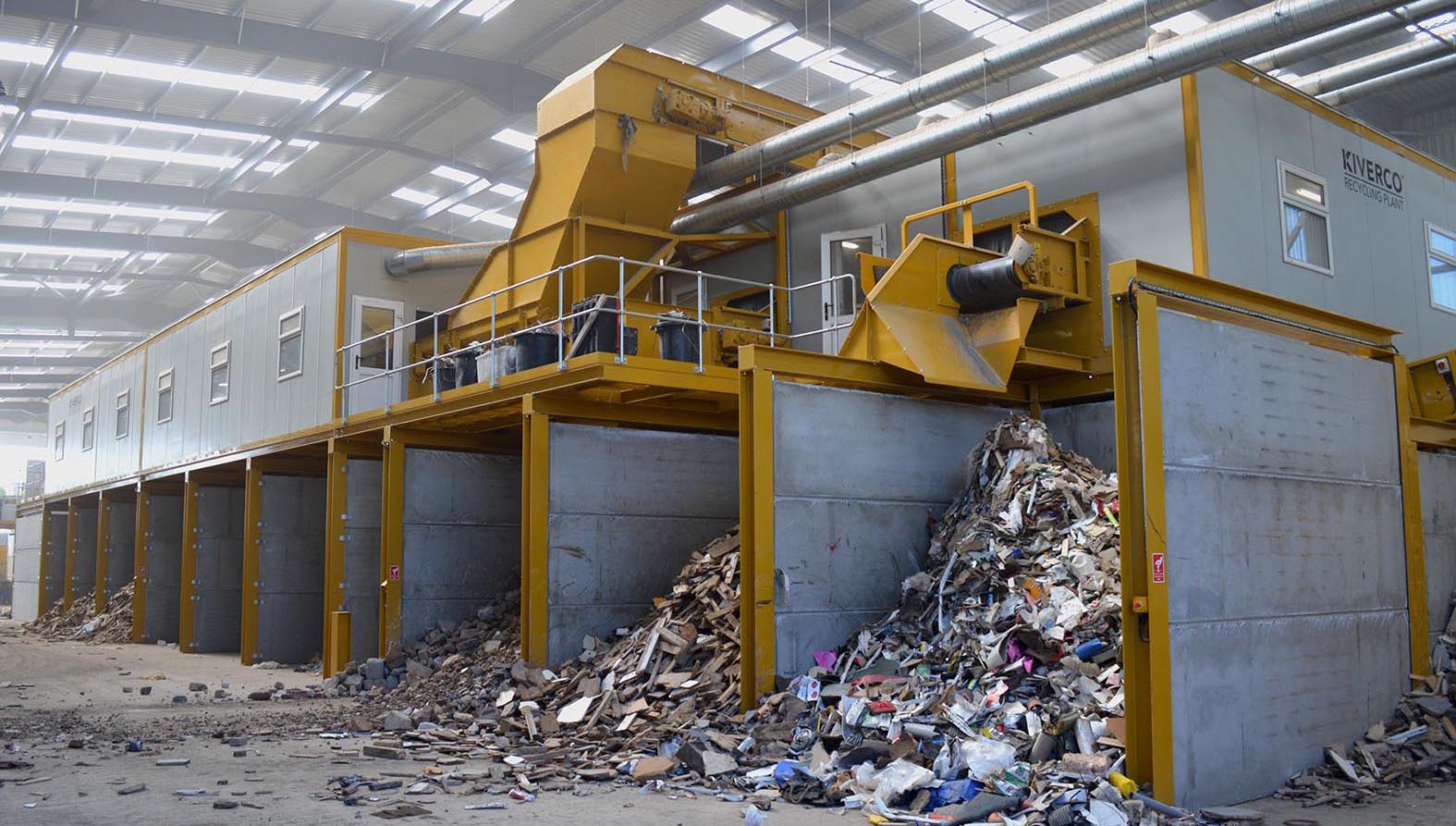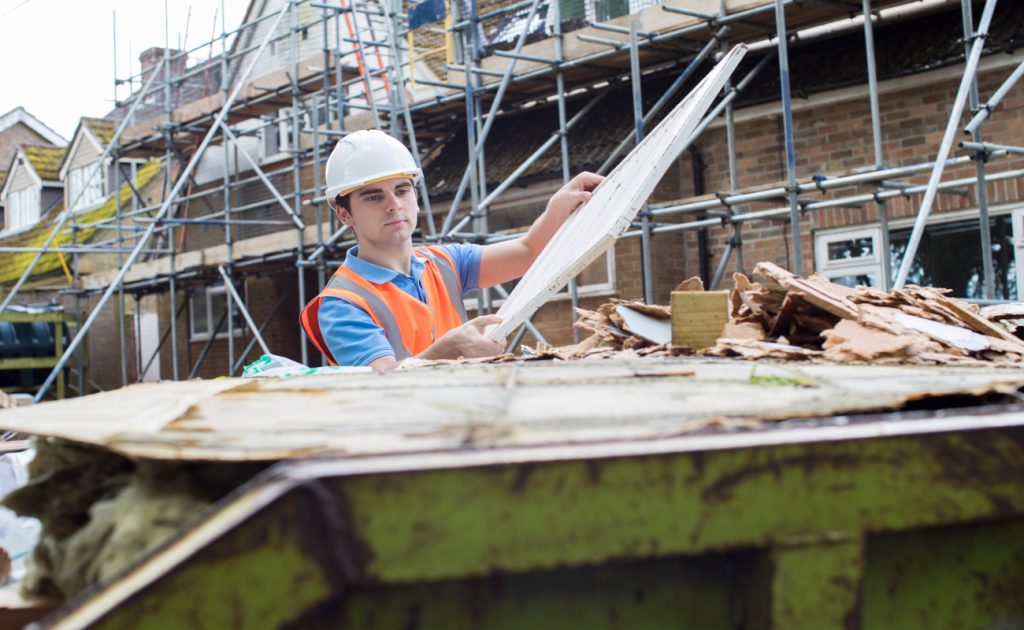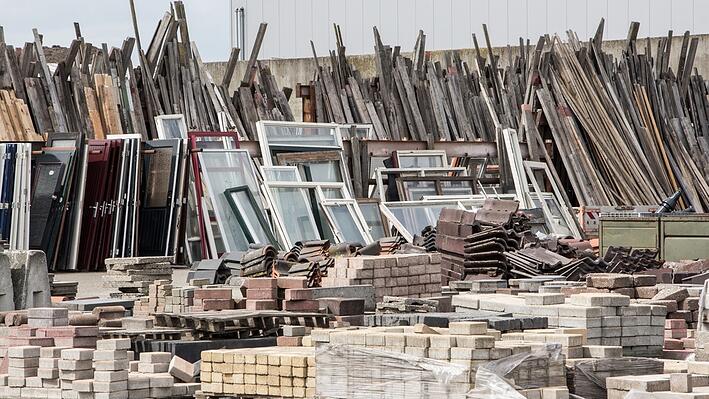
The construction industry is to blame for the huge amount of waste. An average home construction produced roughly 8,000 pounds(3600 kg)of waste in developed countries. And given that landfill and building material costs keep on rising, any smart developer or property owner will appreciate the need to have a solid waste management strategy. The waste is significantly more where the wet wall technology with plaster is in use. Moreover, responsible management is a critical aspect of sustainable building. An increasing number of cities require new buildings to meet LEED standards. So, it is now up to construction firms to improve their waste management program.
The good thing is that sustainable construction waste management is not only a recommended standard, but it will also save you money and time.
Tips to Reduce Construction Waste on Site
Read on to learn more ways to reduce construction waste on site.
01. Plan and Organize Your Site to Reduce Construction Waste

A simple yet effective way to cut down on waste disposal is to make your construction site more organized. The organization could be as simple as grouping salvageable and recyclable material in one place to reduce confusion. Doing this will also make your site more presentable and efficient. And as you know, efficiency means that you will spend less money on sorting materials after the job.
As you consider improving operations on your site, it is essential to have a good plan from the start. Did you know that a significant amount of construction waste is linked to inefficient purchasing? You see, some people prefer shortcuts. They just pick up a template and use it to guide their buying practices. Bearing this in mind, you can spend less money by taking time to buy what is only needed for a specific project.
02. Recycle Construction Waste to Reduce Waste

If you sort your waste according to recyclability, you can know what can be reused. That is why it is important to have a standby recycle bin for your construction team to toss recyclable materials. This will reduce the number of things to place in your dumpster and, more importantly, reduce wastage. So, you can keep replaceable items such as baths, sinks, and countertops in recycling containers. But if you are not sure of what to toss into your recycle bin, here are some items that can be recycled:
- Paper
- Metal
- Gravel
- Cardboard
- Plastic
- Asphalt
- Window glass
- Concrete
- Untreated wood
- Carpeting
If you have a proper construction waste recycling strategy, you will spend less time deciding on what to recycle or throw away. In that case, you can engage a commercial trash service to help you tweak and implement such a strategy. Having such a partner will also help you with cost-effective construction waste management practices.
To know more about how to recycle construction waste, refer this link:
03. Choose Your Vendors Wisely
Speaking of commercial trash services, it is vital to have a vendor that will support your waste management goals. An ideal vendor is the one that can scale its operations to support your project. What will it benefit having a partner who will slow you down and create inefficiencies? Your effort to sort your recycling will be useless if your vendor can’t empty those bins fast enough. In short, find a vendor whose offer matches your situation.
When you have the right commercial waste management partner, you can reduce the effort you put into sorting different materials. Some vendors have premium single-stream recycling packages, which can help you meet your sustainability goals more swiftly.
04. Monitor Your Progress for Construction Waste Management

Tracking should be a critical aspect of your waste management strategy. Track your progress to understand how much waste is created and how much ends up in landfills. With this data, you can make timely corrections and calculate landfill diversion and recycling rates. This is where your vendor will help a lot. But you don’t neglect the responsibility of keeping tabs on changes, regardless of the stage of the projects. In most cases, you will need to make some adjustments to your early projects.
05. Reuse or Donate What You Cannot Use from Construction Site

construction dumpster. You won’t miss collection points in your locality that can accept appliances, doors, fixtures, and other hardware. The good thing is that you can claim tax benefits on some donated leftover materials.
You can save more if you can reuse these materials. So, you should always keep materials that are in good condition separately. This way, you can revisit the reuse pile before throwing in more waste or even cutting new pieces. For instance, you can use a short piece in your pile instead of cutting a new 16-foot piece of lumber to get the tiny piece.
Final Word
Sustainable building practices are essential for modern construction. Not only do these practices help you comply with local regulations, but they will also save you money and time. The above waste reduction tips will help you achieve just that. As you implement these construction waste management tips, remember that the less you have to throw away, the less you will spend on waste management.
Must Read:
Importance of Maintaining Construction Site Records
Welfare Facilities on Construction Site for Labourers































